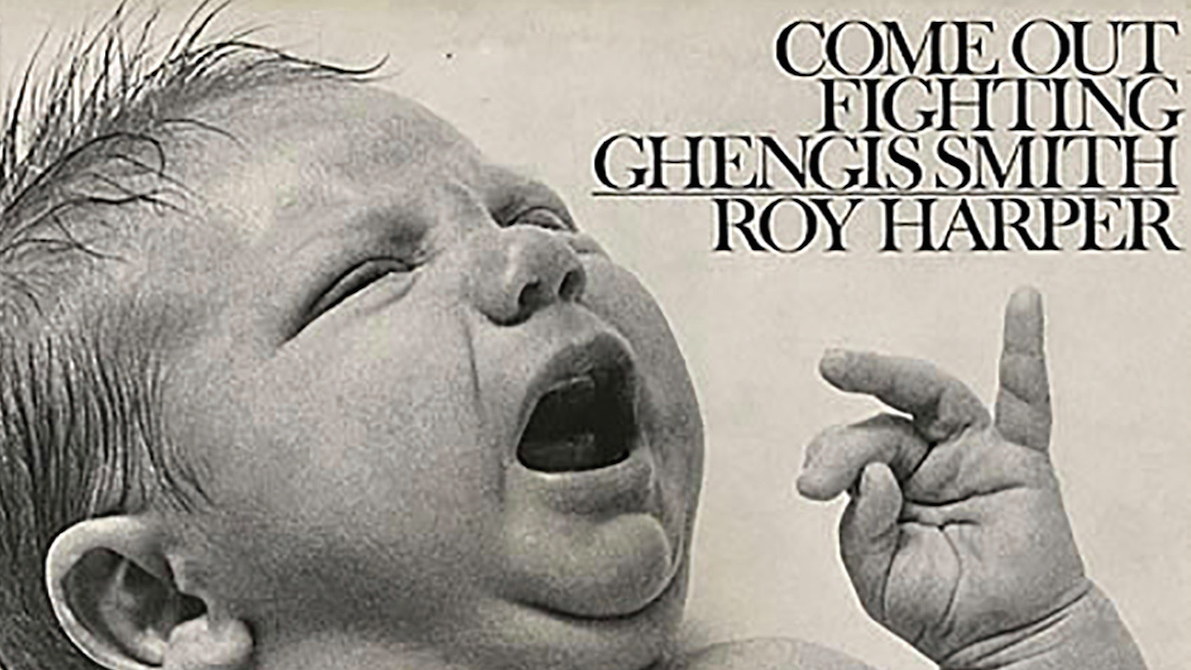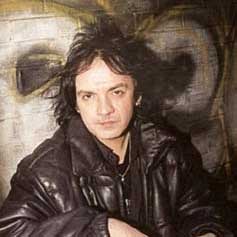In 1970, this writer witnessed a solo Roy Harper captivate a small club audience, then effortlessly hold his own while opening for Pink Floyd at London’s Hyde Park. It’s just one example of how, after first appearing among the 60s earnest folkies, he was now bent on breaking down musical walls with his “epic progressive folk”.
Now free of the debilitating shadow of his recent court experience, Harper can get back to happier matters, such as celebrating his 75th birthday, and this remarkable trilogy that began with 1970’s Flat Baroque And Berserk (8⁄10), which was his Top 20 debut. Across 55 mesmerising minutes, it mixes I Hate The White Man’s brutal indictment of British bigotry with beautifully evocative love ballads, including the devastating Another Day, before closing with the marauding Hell’s Angels, on which he’s backed by The Nice.
1971’s Stormcock (9⁄10) stands as Harper’s greatest peak and one of that decade’s seminal works. There are only four extended tracks, including Hors d’Oeuvres (inspired by executed criminal Caryl Chessman) and the densely symphonic The Same Old Rock, boasting Jimmy Page on swirling acoustic guitars. The lustrously groundbreaking layers of guitars, orchestration and overdubbed voices proved a major influence on Kate Bush and David Gilmour.
1973’s Lifemask (8⁄10) continued exploring epics on the side-long The Lord’s Prayer (again joined by Page) but was more a stream-of-consciousness soliloquy as Harper, always a fighter, had just beaten a life-threatening illness. Still swerving the establishment, the LPs are released on vinyl in their original gatefold glory through his own Science Friction label.

